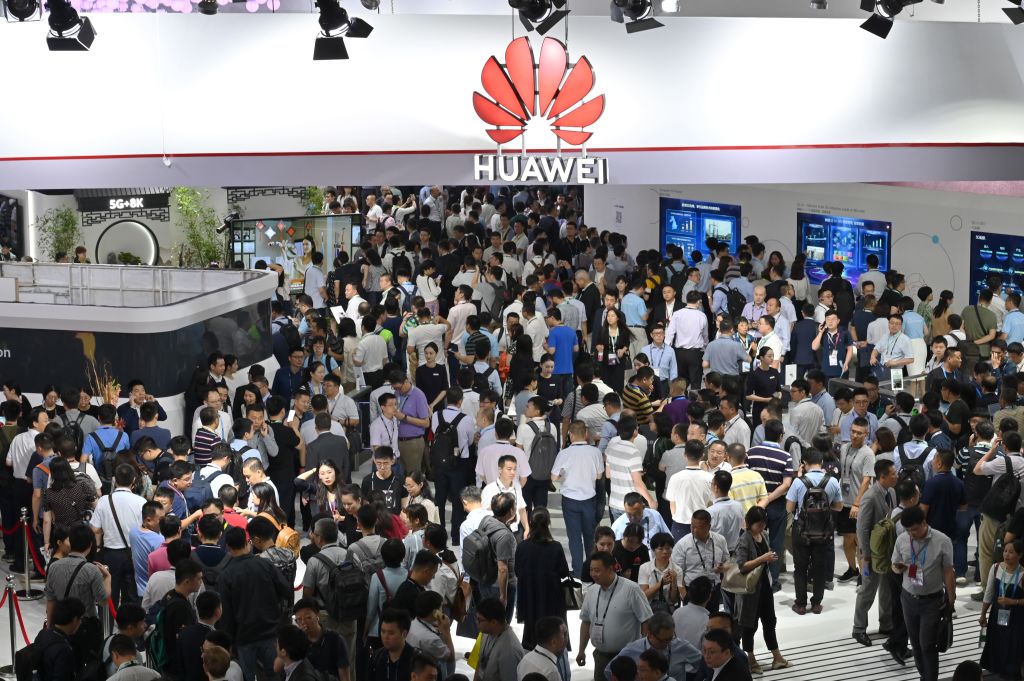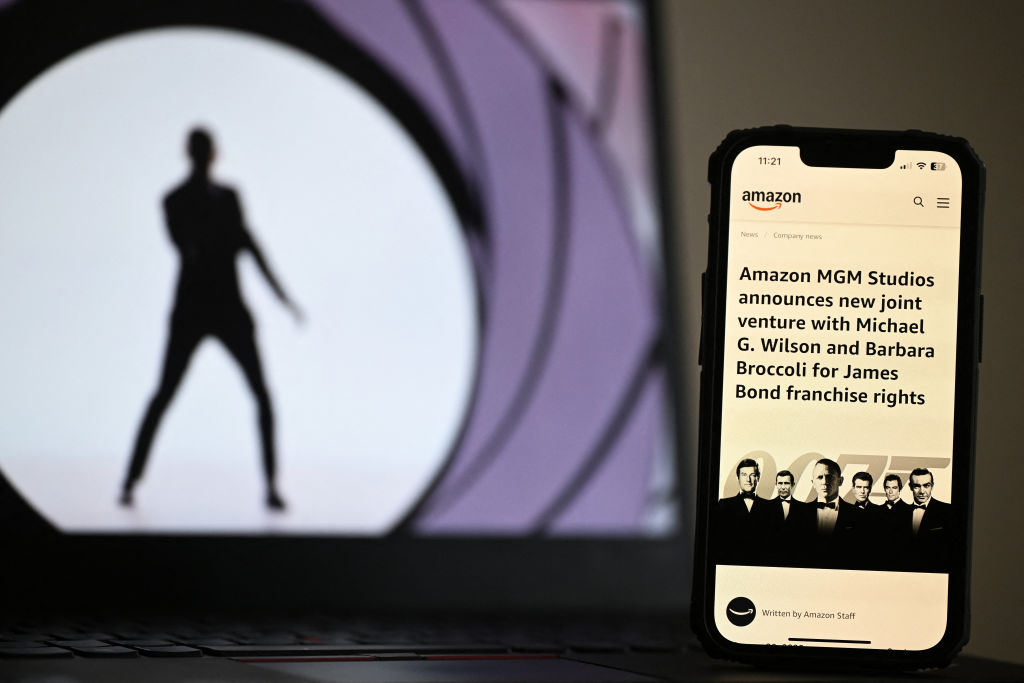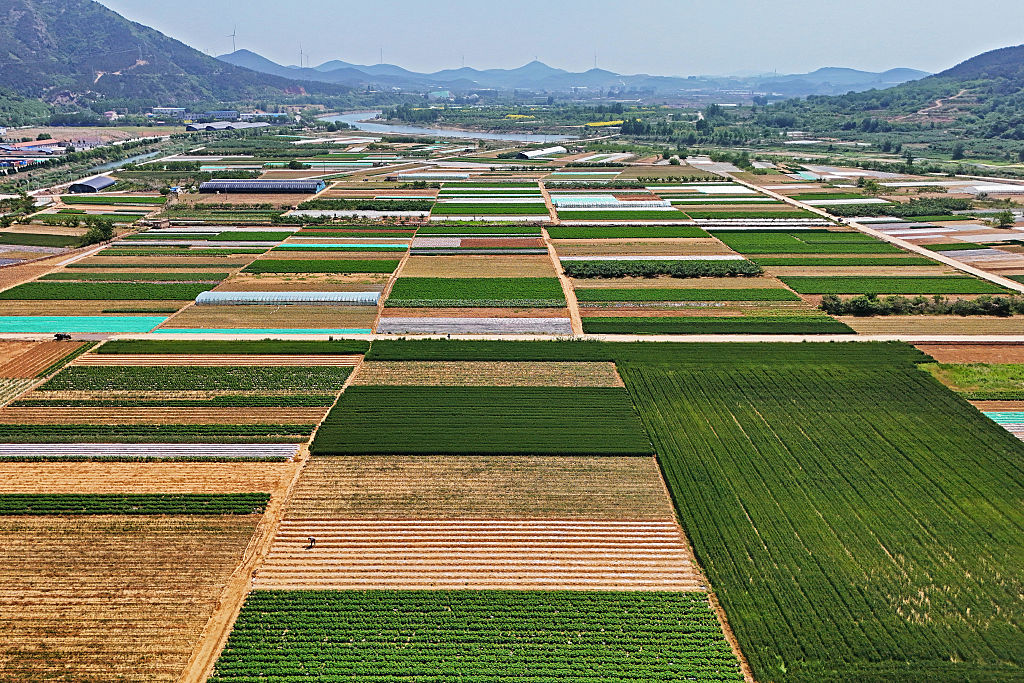Trump’s decision to lift the ban on US companies doing business with Huawei, the Chinese telecommunications company, is a stunning defeat for him. It’s also a major reversal for the US intelligence community, which has been concerned for years about what it considers to be Huawei’s wholesale theft of American technology.
Lifting of the ban reinstates Huawei at the leading edge of China’s global spying. It undercuts months of private attempts to encourage America’s allies to join in what the US hoped would be something close to a worldwide ban. And, over the long term, it also threatens America’s strategic advantage as a leader in new technologies.
In a meeting at the G20 summit in Japan over the weekend, Trump and Chinese President Xi Jinping agreed to back off from the trade war that has cost both countries billions in lost business. In exchange for Xi’s commitment to buy an unspecified amount of American farm products, Trump gave the Chinese premier everything he wanted.
Huawei is the world’s largest telecommunications equipment maker and one of the biggest smartphone brands alongside Samsung and Apple. Repeated personal briefings by the CIA and the NSA to the president have set out in extraordinary detail the extent of Huawei’s spying. Vast amounts of intelligence are gathered both by inserting bugs in devices sold in the West, and using access gained by equipment installed in power grids and computer centers. The Chinese multi-national vigorously denies these allegations. Yet earlier this year, Canadian authorities arrested Meng Wanzhou, Huawei’s CFO. She currently faces extradition to the US, where both she and the company face charges of bank fraud, trade secrets theft and sanctions evasion.
This action against Huawei was the culmination of years of intelligence gathering and had little to do with the current trade war. Senior officials in the administration and a unanimous intelligence community argued that any actions against Huawei were a national security and not a trade issue. The Chinese wanted Huawei to be rolled into the trade war as a way of negotiating a deal that would lift sanctions against the company. Now, Trump has sold out the intelligence community and American security, in an effort to extricate himself from a trade war that is hurting American manufacturing.
Trump’s decision to lift the ban has been greeted with a mixture of despair and derision at the CIA as the latest example of the president ignoring intelligence to further his tactical agenda. Much to the fury of senior intelligence officials, the president has repeatedly proved impossible to educate about issues ranging from Russian meddling in the domestic political process to North Korea’s nuclear program and Iran’s internal politics. Instead, he prefers to rely on his own instincts, while remaining deficient in basic knowledge.
Those who have read the highly classified Sensitive Compartmented Information gathered by the CIA about Huawei find it compelling. The reports describe infected chips that transmit data from a computer back to China; infected networks that collect information and can be used for cyber attacks; intercepts that show very close ties between Huawei and the People’s Liberation Army; and coordination between senior Huawei executives and government officials.
Earlier this year, Dr Ian Levy, technical director at GCHQ’s National Cyber Security Centre (NCSC), called Huawei security ‘very, very shoddy’. GCHQ occupy a whole floor at the NSA headquarters at Fort Meade, and its workers see all the same intelligence.
Thirteen countries, including Australia, Germany, France, Canada, Japan and New Zealand, have all either banned some Huawei products or are considering doing so. The new 5G networks are of particular concern. Huawei is a world leader in 5G, and its success introduces a whole set of opportunities for spying and cyber attacks.
Now that Trump has lifted the ban on US companies doing business with Huawei, it will be very hard for America to pressure other countries to control the proliferation of Huawei products, including 5G. In the view of senior officials at the CIA and NSA, the world could pay a very heavy price for Trump’s action.

























